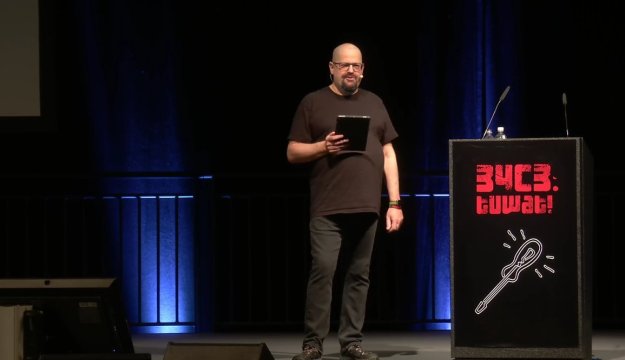
I am already looking back at a fairly long life. But the history of the last two years has created a horrific reality both surreal and seemingly improbable. It is like a nation and the world have completely lost reason.
I am still optimistic enough that eventually the pendulum will swing back toward fact and science based reasoning. Recent elections and the freshmen class in Congress give me a lot of hope. But the State of the Union is dire. I am now fairly certain that what we see in the US and UK – once beacons of the free world – is not just random action but a carefully staged sequence of events driven by ingenious manipulation of an evil oligarchy coupled with enormous short term greed and stupidity of our elites and media. There is also a healthy dose of gullibility introduced by lack of education in basic humanities and reasoning.
The distrust of “experts” is fatal in a world driven by complex science and engineering in a global economy.
In short, this is all a huge mess. The real tragedy beyond the suffering of the middle and lower income groups plus children in concentration camps is the insane pace of the approaching point of no return for our climate.
A significant fault lies with Donald Trump and his enablers in the Senate – all equally guilty. But media continues to fail to understand the implication of our “Attention Culture.”
Here is a collation of 50 Moments that defined a most surreal seemingly unthinkable reality: The Atlantic: 50 Moments That Define an Improbable Presidency






